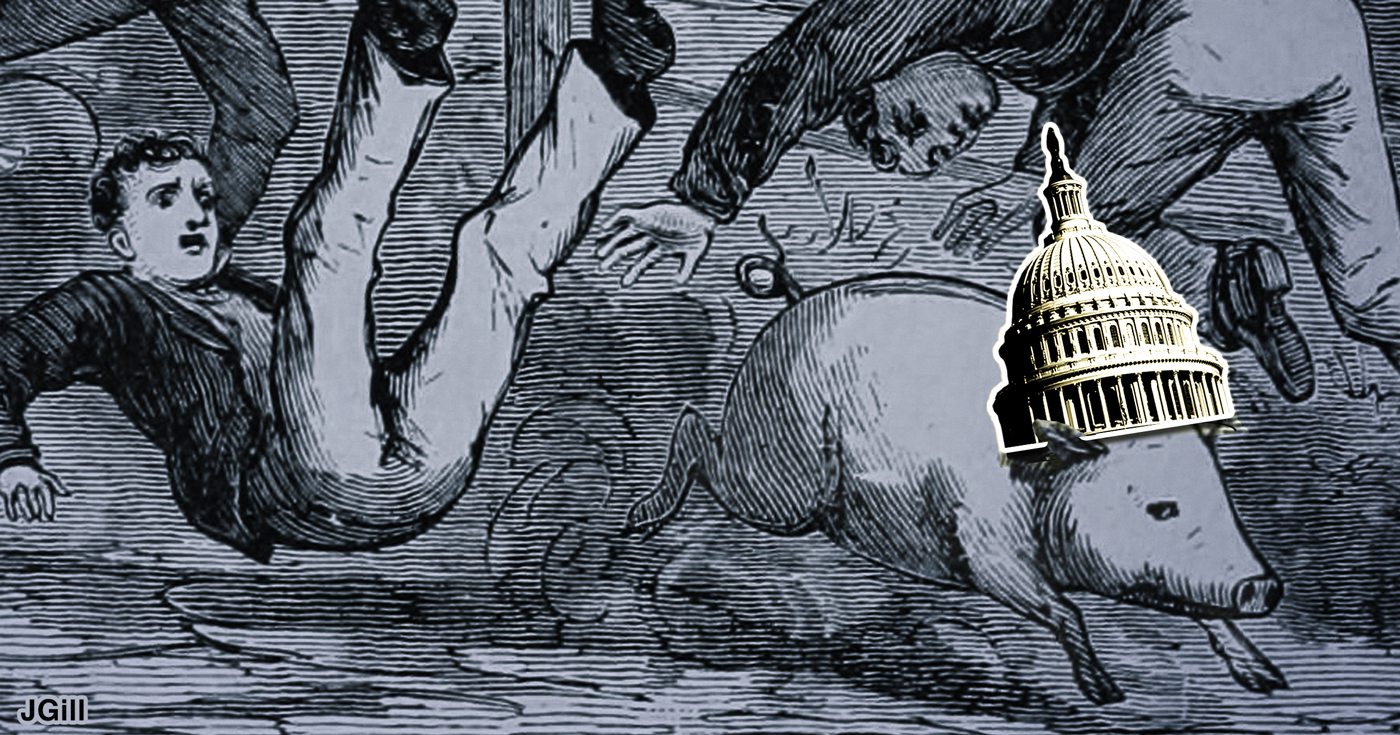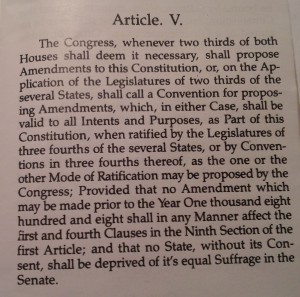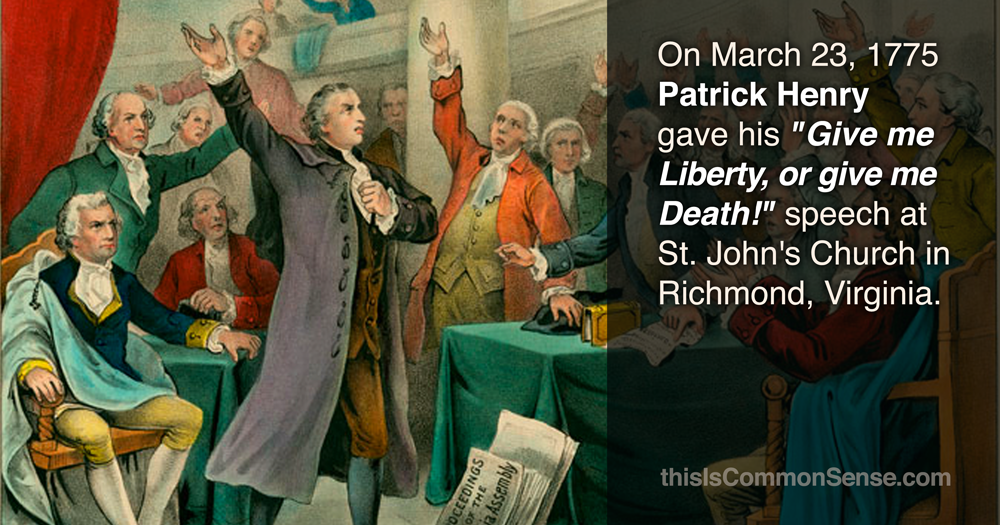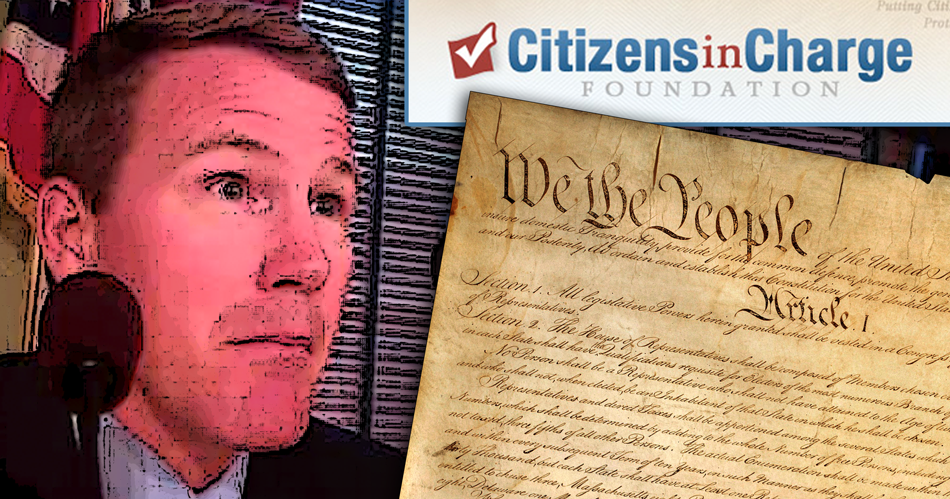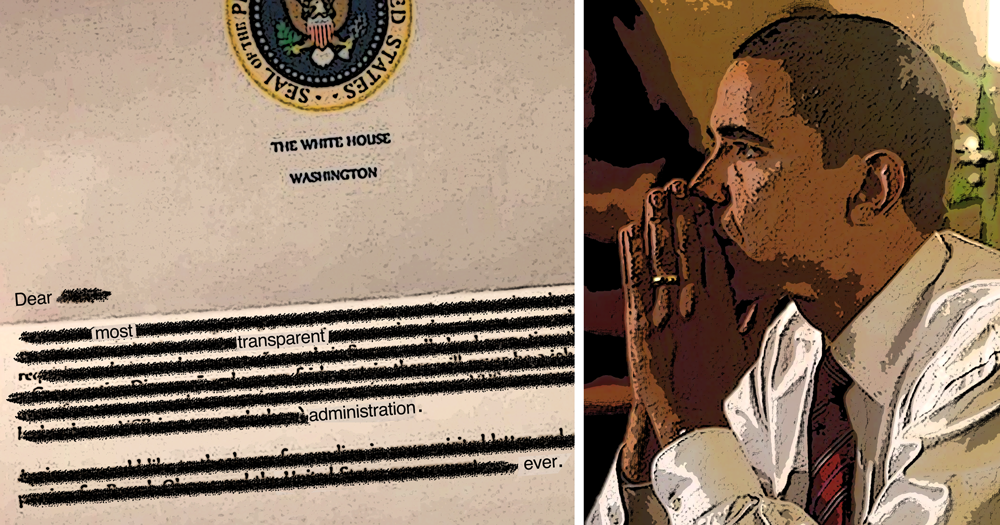Can Americans term-limit Congress?
Twenty-three states had passed term limits on their congressional delegations by 1995 — many while simultaneously term-limiting state lawmakers.
Voters in most other states lack statewide initiative rights. But if the term limits passed by the 23 had been left alone, the pressure would have been enormous to bring term limits to the whole Congress.
Alas, in its 1995 Thornton decision, the Supreme Court ruled, five to four, that this method of building a more perfect union is constitutionally imperfect.
U.S. Term Limits currently backs an amendment that would originate in Congress to limit House members to three two-year terms and senators to two six-year terms. Just in case congressmen don’t get around to passing such an amendment, though, USTL has also endorsed the Article V path to term limits being promoted by Citizens for Self-Governance.
Article V of the Constitution authorizes states to call a constitutional convention if two thirds of them apply. In 2014, Georgia, Alaska and Florida did formally apply for a convention to consider term limits and other reforms. Lawmakers in many other states advocate similar applications. As with congressionally proposed amendments, any amendment offered by the states’ convention would then have to be ratified by three fourths of the states.
Is Article V a long shot? Yes. Every means of imposing congressional term limits has proven to be a long shot.
When we get there, it will be because one of the long shots paid off.
This is Common Sense. I’m Paul Jacob.
Click on the thumbnail below to see larger version
